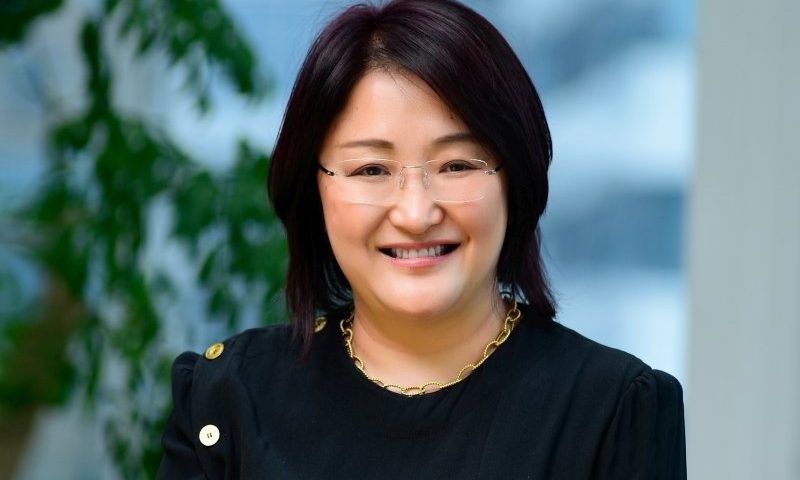Led by Samantha Du, Ph.D., who is viewed by many as the godmother of China’s biotech industry, Zai Lab has made a name for itself by bringing new drugs from the likes of GlaxoSmithKline and Regeneron into the country. Now, the company is looking for more cash to ink yet more licensing deals—and it’s tapping into U.S. investors.
Zai will offer $750 million in American depository shares, the company announced on Monday afternoon. The company’s shares were down nearly 16% to $138.48 Tuesday morning but started to tick back up in the afternoon.
About one-third of the proceeds will fund new business development and licensing deals; another third will support clinical trials for drug candidates, Zai said in a securities filing.
The company will also use one-fifth of the proceeds to boost commercialization efforts and about 15% to “enhance” its pipeline, according to the securities filing.
Zai’s clinical pipeline includes drugs licensed from a range of companies, mainly foreign biotechs that don’t have operations in China. Besides GSK and Regeneron, Zai has also licensed drugs from Incyte, Deciphera, Entasis Therapeutics, Five Prime Therapeutics (now part of Amgen), MacroGenics, Novocure and Paratek Pharmaceuticals.
So far, Zai’s marketed drugs include GSK’s PARP inhibitor Zejula for ovarian, fallopian tube and primary peritoneal cancers and Deciphera’s Qinlock, a kinase inhibitor for the treatment of gastrointestinal stromal tumors. It also markets Novocure’s Optune, a device that uses electric fields to treat brain cancer.
The company has leaned on this licensing model, positioning itself as the “gateway to China for innovative assets,” but is pursuing its own pipeline as well. Zai’s internally developed assets are still pretty early-stage, including phase 1 programs targeting psoriasis and multiple tumor types as well as several preclinical programs in cancer.
The company lured Roche oncology veteran Alan Sandler, M.D., in December to take on the newly created role of president and head of global development, oncology.
Du founded Zai in 2014 after working for Pfizer in the U.S. and building an in-house R&D unit at Chi-Med. She left Chi-Med in 2011 to lead healthcare investments at Sequoia China, a venture capital firm that regularly invests in biotech companies.
Zai first listed on the Nasdaq through a $173 million IPO in 2017. It pulled off a secondary listing on the Hong Kong Stock Exchange in September 2020, raising $761 million.

